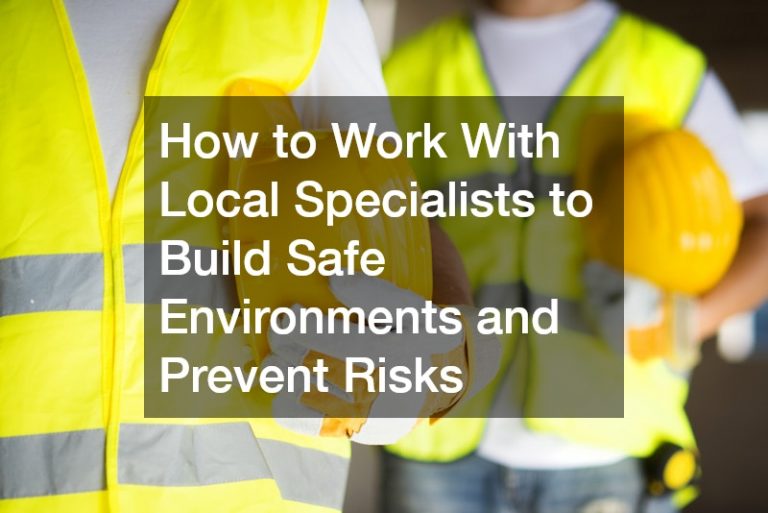“If we get infected, where will we go?” This is the question many undocumented workers are nervously asking amidst the COVID-19 pandemic. In a time where millions of people have lost jobs and struggled to feed their family, pay rent, and cover their bills, no other group is more disempowered than undocumented immigrants.
Despite how hard experienced immigration lawyers work, there are approximately 10 million undocumented immigrants in the U.S. Many of them are cooks, janitors, cleaners, and farm workers. If they get sick, it’s not a matter of where or when to get treatment – it’s a question of whether they should get it at all. Workers have to think long and hard about the risks of facing bankruptcy, deportation, detention, or the possibility of being separated from their families.
As it is, healthcare is a luxury barely afforded to the working classes. The current situation is doubly hard for illegal workers. They are walking on a tightrope as they strive to make a living while dreading the prospect of coming face to face with immigration enforcement.
A Flawed System
Undocumented work is the pillar of the American economy. In these trying times, immigrant advocates are fighting for greater access to COVID-19 testing and treatment, as well as eligibility for cash assistance and unemployment benefits. For them, lawmakers should recognize the contributions made by undocumented workers, who pay billions of dollars in taxes annually. But it’s not looking so good.
Despite being part of the indispensable workforce, undocumented workers were ineligible for the direct deposit relief from the coronavirus stimulus bill passed by the Congress. The payments were linked to Social Security numbers, not to Individual Tax Identification Numbers, which meant undocumented immigrants would not receive the cash assistance that millions of others are getting.
If they lose their job as a result of the pandemic, many undocumented immigrants will not receive unemployment benefits. There are exceptions, but most undocumented workers are not eligible due to their immigration status. Over 20 million Americans have filed for unemployment insurance, and this has left countless undocumented immigrants feeling financially anxious.
As far as access to healthcare, immigrant communities were excluded from provisions to ensure COVID-19 testing. The Family First Act didn’t make testing available under emergency Medicaid, which would have annulled immigrant eligibility restrictions that are in place for non-emergency Medicaid coverage. As a result, 10 million people, including DACA recipients, were left out from COVID-19 testing and treatment.
Advocates are calling for a more holistic health crisis response. For them, Congress should pass another bill that’s more inclusive and encompassing in order to ensure the well-being of every person, family, and community across the United States.
COVID-19 Doesn’t Discriminate

The bottom line is that the virus doesn’t discriminate. It doesn’t categorize people as first-class or second class citizens. Anyone can contract and spread the virus, and anyone can die of it: rich, poor, documented, undocumented. At this very moment, every person’s well-being and health are inextricable from everyone else’s, so lawmakers might as well design a policy that doesn’t discriminate, either.
As the country continues to cope with devastating changes, policymakers are in a perfect position to dole out equal safety nets for everyone affected. Not because they’re able to meet bureaucratic requirements, but because they, especially undocumented immigrants, need it.











